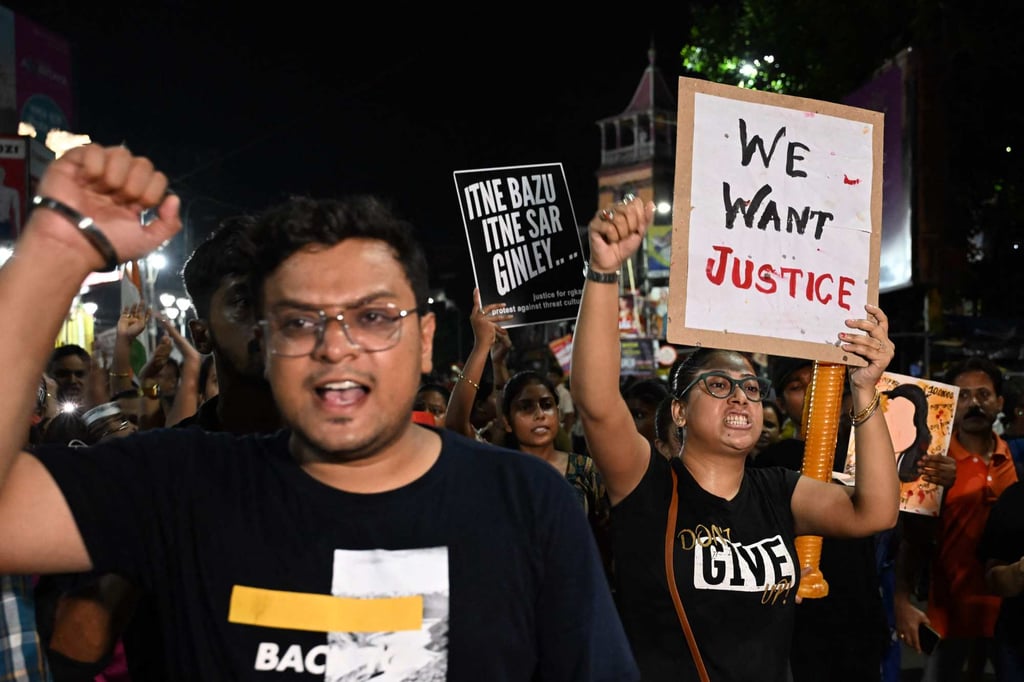My Take | Death of two Indian women workers underscores need to revamp workplace culture
The deaths highlight a lack of worker safety, fuelling calls for inclusive workplace reforms in India, and addressing low female workforce participation

On the surface, the two cases may seem unrelated, but they both show a lack of concern for workers’ safety and well-being. This has contributed to the low participation of women workers, with only 37 per cent of women in the workforce as of the financial year ending March 2023, according to India’s annual economic survey published in July.
India’s economic growth has been celebrated globally, but adopting a more inclusive attitude towards gender diversity can further enhance its reputation by fully harnessing the potential of its large population of young workers. Learning from these incidents could also benefit many parts of South Asia, where female participation in the workforce remains abysmally low.

“If the investigation and prosecution is not going to do a credible good job, we will continue to see lower conviction rates,” says Aparna Mittal, a corporate lawyer and founder of anti-discriminatory consultancy Samana Centre.

